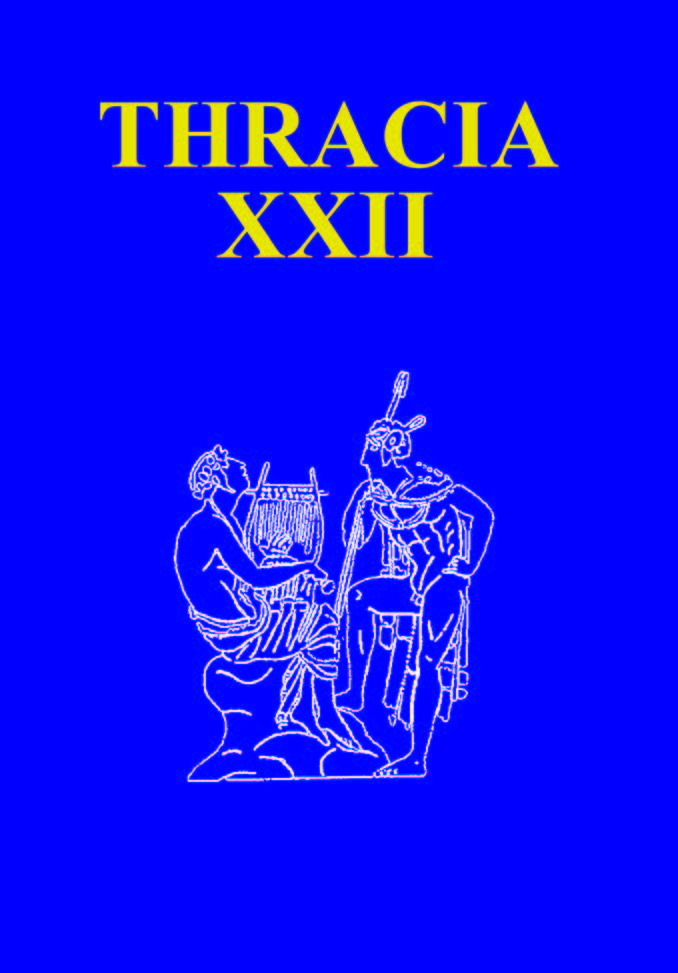РЕЗОС – ЛИТЕРАТУРЕН ОБРАЗ ИЛИ ЛИТЕРАТУРИЗИРАНА ПРЕДСТАВА ЗА КОННИКА ХЕРОЙ НА ТРАКИТЕ
RHESUS – LITERARY IMAGE OR LITERATURE-LIKE NOTION ABOUT THE HORSEMAN HERO OF THE THRACIANS
Author(s): Valeria FolSubject(s): History, Language and Literature Studies, Cultural history, Studies of Literature, Political history, Ancient World, Theology and Religion, Philology
Published by: Институт за балканистика с Център по тракология - Българска академия на науките
Summary/Abstract: The paper analyses the written sources and the hypotheses expressed in favour or against a developed cult of Rhesos as a hero. The evidence on Rhesos shapes three images, each with its specificities. The idea of the Hero in Hellas and its “encounter” with the notion of the Thracians of the heroic are examined. Some authors accept that the image of Rhesos belonged to the Achaean mythological cycle. Most Bulgarian authors prefer the opinion expressed 100 years ago by W. Leaf, based on Cicero’s evidence (Cic. De natura deorum III, 45) that the tragedy Rhesos was born from poetic fancy, which is seriously criticised in Western specialised literature. The evidence shows that the socium in the region of the Rhodope Mountains overcame the conflict between the disappearance and the preservation of the cultural memory, and the defining of yesterday and today through a folklore narrative and rites connected with the image of the Horseman Hero, probably Rhesos. In the different cultures – of polis and ethnos types – the individual who had passed “beyond” can become unforgettable and divine protector of the socium in different ways, Euripides (Eur. Rhes.) and Philostratus sensed the different notion and understanding of a divine protector among the Thracians, which led to the confusing use of theos, heros and anthropodaimon, which is confusing to us, as the authors have tried to come maximally close to the way of thinking of the bearers of the faith-ritual related to Rhesos, i.e., to the Thracian world outlook and way of preservation of the cultural memory. The reference to Rhesos as anthropodaimon, daimon and heros can also be interpreted as defining of different recognised ideas in the “culture of death” of the Thracian aristocratic faith-ritual whose aim is the immortalisation and the preservation of the link with the deceased who had gone to the World Beyond, profanated and rendered as folklore during the Late Antiquity.
Journal: Thracia
- Issue Year: 2017
- Issue No: 22
- Page Range: 205-221
- Page Count: 17
- Language: Bulgarian
- Content File-PDF

